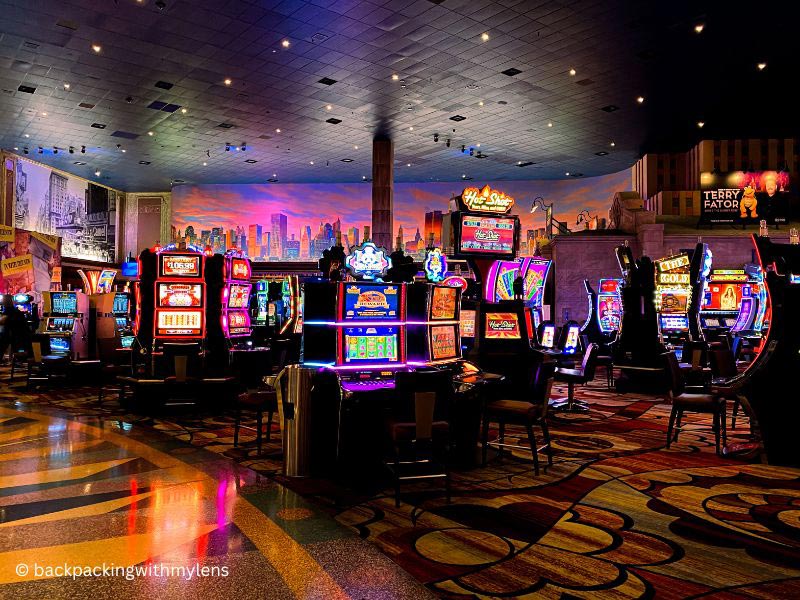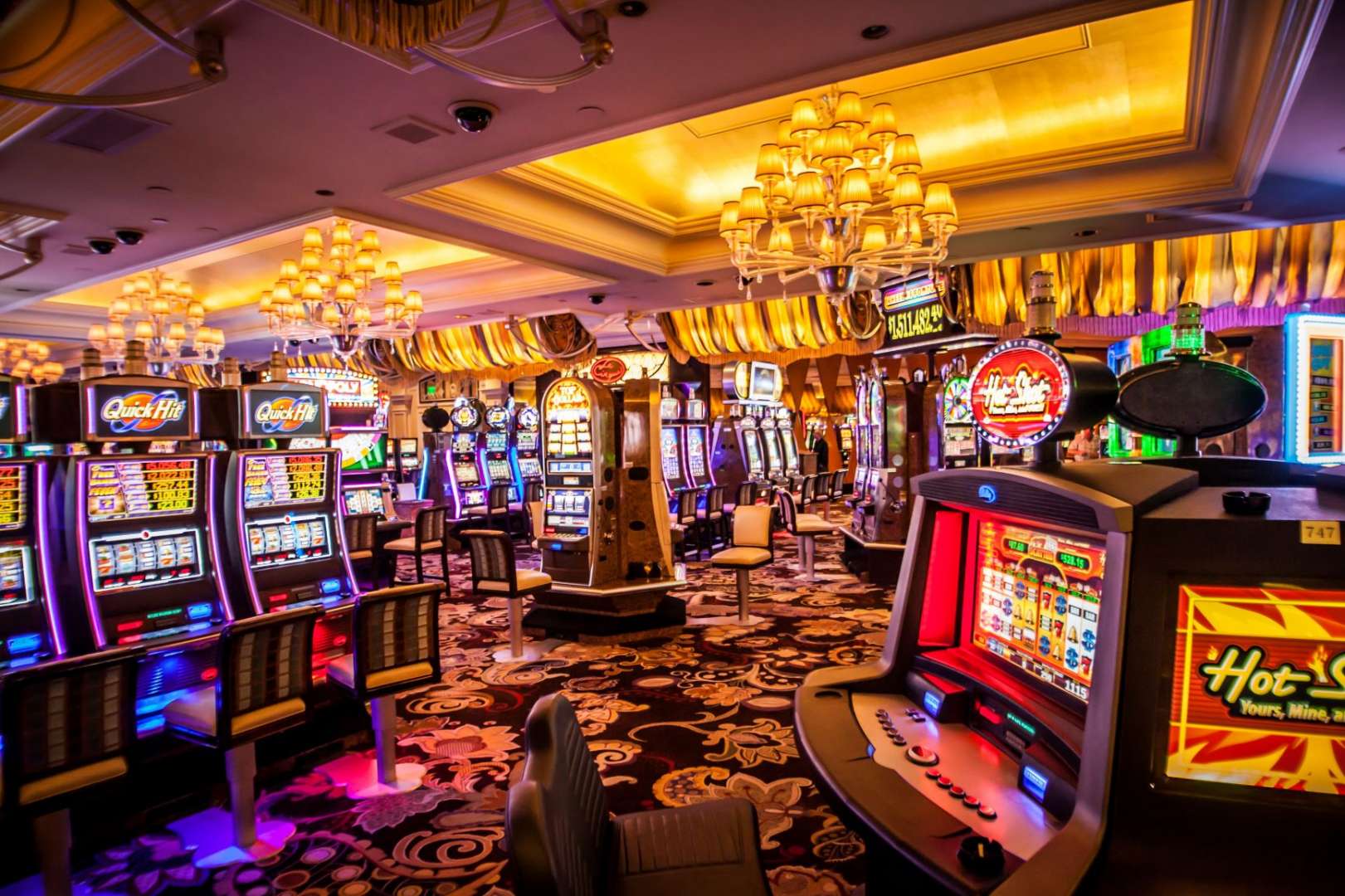
Gambling games have long been a fascinating entertainment option, drawing millions of players from varied cultures around the globe. From the opulent casinos of the Strip to the busy gambling halls of the Chinese gambling capital, these games serve as a common thread that connects people across a variety of backgrounds. The allure of luck, skill, and gambling entices not only those seeking to gamble for profit but also those seeking a shared experience.
The cultural impact of casino games extends significantly past the gaming floor. They often represent the values and beliefs of the communities in which they prosper. Games such as seven-card stud, blackjack, and the wheel game have integrated into the mosaic of popular culture, influencing multiple fields from cinema to fashion. As we explore this intriguing intersection of gambling and life, we can gain insights into how casino games shape and are influenced by the surrounding world.
Historical Evolution of Gambling Games
The beginnings of gaming games can be tracked back to historical civilizations, where betting in different forms was extensively practiced. In the East, around 2300 B.C., a form of gambling known as Keno was popular, while in historic the Roman Empire, soldiers would frequently gamble on the consequences of their games. The notion of using luck for fun and income progressed over the centuries, leading to the establishment of more organized activities. By the final Middle Ages, gambling houses started to appear in Europe, particularly in Italy, which introduced early forms of famous activities still practiced today.
As betting expanded recognition in European regions, the 17th and 18th centuries saw the emergence of gaming houses as dedicated venues for gambling. The earliest official casino, the Ridotto, was set up in the city of Venice in sixteen thirty-eight, offering games like Baccarat games and Faro games. This era marked a significant pivoting point, as casinos commenced to welcome not just the elite but also the growing middle-tier society. The refinement of activities grew, leading to the introduction of new guidelines and versions that improved the experience of players.
In the 19th century, the industrial revolution and transformations in social conventions also changed the environment of casino activities. The introduction of the game of roulette and contemporary one-armed bandits pulled in a more diverse audience, and gambling establishments became seen as acceptable recreation. This time witnessed the globalization of casino activities, as gambling houses extended from the continent to the Americas, culminating in the creation of the famous Strip of Las Vegas in the 1900s. The progress of gaming games has continued into the present day, incorporating modern technology and online platforms, rendering them accessible to a universal audience.
## Cultural Importance in Various Communities
Casino activities have profound cultural significance within a multitude of societies across the globe. In Las Vegas, the very core of the city is woven around gaming venues, where playing is not just a hobby but a fundamental aspect of social engagement and community life. The dazzling lights and dynamic atmosphere attract countless individuals, showcasing how gambling activities can impact local financial landscapes and cultural identities. This surrounding transforms the notion of leisure into an enriching experience that shapes style, melodies, and even cinema.
In contrast, some communities approach gambling with an air of caution, considering it through the lens of ethical considerations and tradition. For example, in various Oriental societies, games like Mahjongg and Pai Gow Gambling are steeped in history and possess significant social implications. These games are often played during meetings and celebrations, fostering social ties and strengthening familial ties. The act of participating in these games goes past mere entertainment, reflecting values such as respect for elders and the value of communal fun.
At the same time, in continental countries such as Monaco and Rome, gambling activities serve as symbols of luxury and sophistication. The refined atmosphere of these locations attracts both tourists and residents, reinforcing a sense of distinction and elitism. betting sites no GamStop The art of the game of poker and the tactical components of games like banker’s game are esteemed, molding community relationships and establishing an attraction that enthralls a varied audience. This underscores how games of chance can both echo and influence cultural perspectives towards risk, reward, and community interaction.
Economic Impact and Travel Industry
Casino games play a crucial role in the economic landscape of many regions, particularly those that depend significantly on visitor traffic. The revenue produced from gambling establishments fuels local economies, creating jobs not only within the casinos themselves but also in related sectors such as hotel management, dining, and recreation. This surge of tourists, drawn by the attraction of gambling and the overall casino experience, stimulates spending across multiple local enterprises, contributing to the economic vitality of the area.
The presence of casinos often leads to the construction of infrastructure, including lodging, public transit, and recreational facilities. These improvements are essential in enhancing the overall tourist experience, making locations more attractive to visitors. Additionally, many casinos invest in local communities through sponsorship of activities and philanthropic initiatives, further integrating themselves into the social fabric of the locality. Such contribution not only supports economic growth but also cultivates a positive reputation of the gambling sector.
Furthermore, the global popularity of casino games drives tourism competition, with regions vying to attract gamblers from around the world. Iconic locations like Las Vegas and Macau have become identifiable with casino culture, drawing millions annually. This competitive edge encourages innovation and variety within the gaming industry, influencing trends in leisure and hospitality that extend beyond their borders. The consequences of this visitor influx extend wide, impacting local financial health and cultural exchanges on a worldwide scale.

